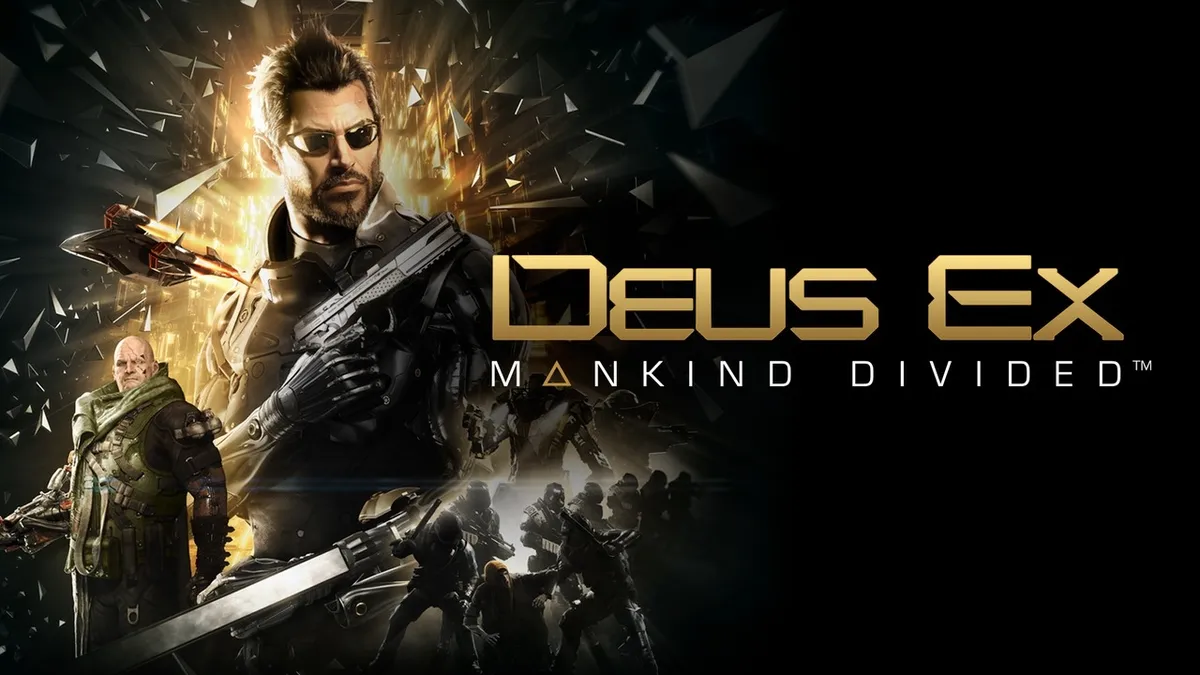Elias Toufexis, the actor portraying Adam Jensen in Deus Ex, revealed on Twitter that he has not received any requests to return for his role. He responded to the query when asked about his involvement in a new game within the series. “Yeah, as happy as I am to be busy, I wish I was […]

